
JUST AFTER JON HARMON GRADUATED from high school, the Eagle Scout from Portola Valley, Calif., started acting a little strange around the house. “He was chasing
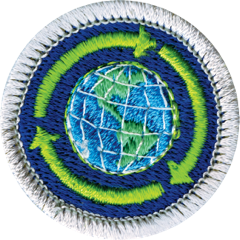
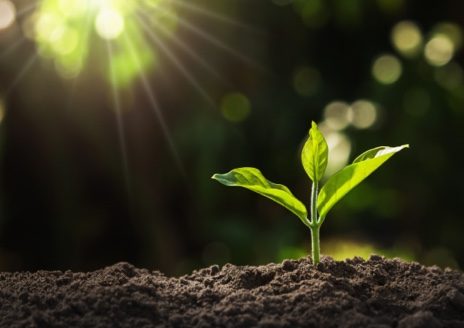

Merit Badge Pamphlets are now free and publicly available. Note: Always check www.scouting.org/skills/merit-badges/all/ for the latest requirements.
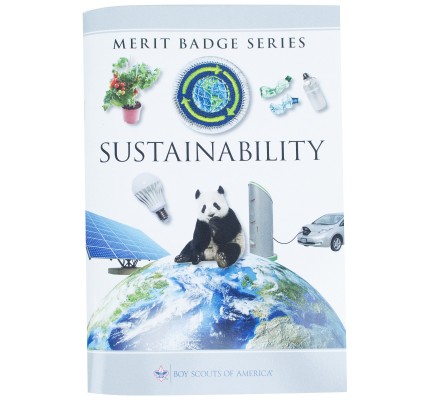



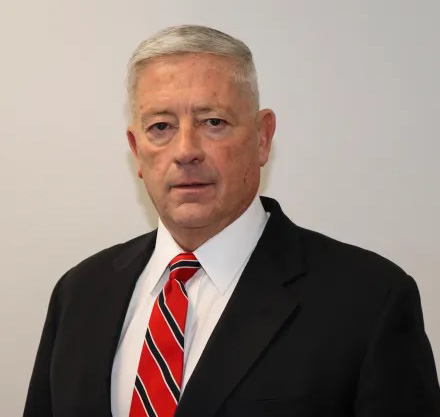
Director, Global Security Innovative
Strategies
Bray Barnes is a recipient of the Distinguished Eagle Scout Award, Silver
Beaver, Silver Antelope, Silver Buffalo, and Learning for Life Distinguished
Service Award. He received the Messengers of Peace Hero award from
the royal family of the Kingdom of Saudi Arabia, and he’s a life member of
the 101st Airborne Association and Vietnam Veterans Association. Barnes
serves as a senior fellow for the Global Federation of Competitiveness
Councils, a nonpartisan network of corporate CEOs, university presidents, and
national laboratory directors. He has also served as a senior executive for the
U.S. Department of Homeland Security, leading the first-responder program
and has two U.S. presidential appointments
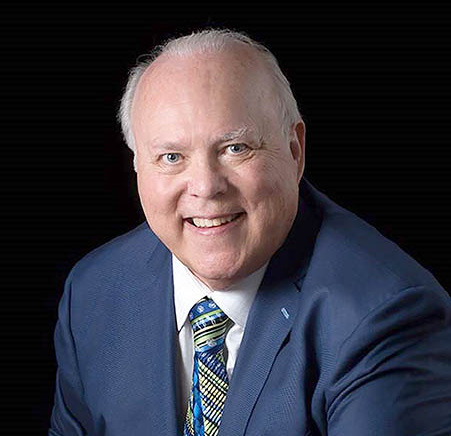
Managing Member Calje
David Alexander is a Baden-Powell Fellow, Summit Bechtel Reserve philanthropist, and recipient of the Silver Buffalo and Distinguished Eagle Scout Award. He is the founder of Caljet, one of the largest independent motor fuels terminals in the U.S. He has served the Arizona Petroleum Marketers Association, Teen Lifeline, and American Heart Association. A triathlete who has completed hundreds of races, Alexander has also mentored the women’s triathlon team at Arizona State University.
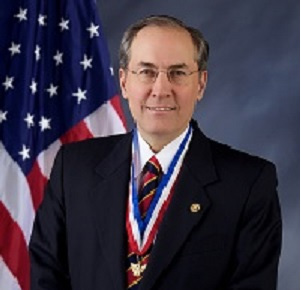
President, CEO & Managing Director
Stonetex Oil Corp.
Glenn Adams is a recipient of the Silver Beaver, Silver Antelope, Silver Buffalo, and Distinguished Eagle Scout Award. He is the former president of the National Eagle Scout Association and established the Glenn A. and Melinda W. Adams National Eagle Scout Service Project of the Year Award. He has more than 40 years of experience in the oil, gas, and energy fields, including serving as a president, owner, and CEO. Adams has also received multiple service awards from the Texas Alliance of Energy Producers.

